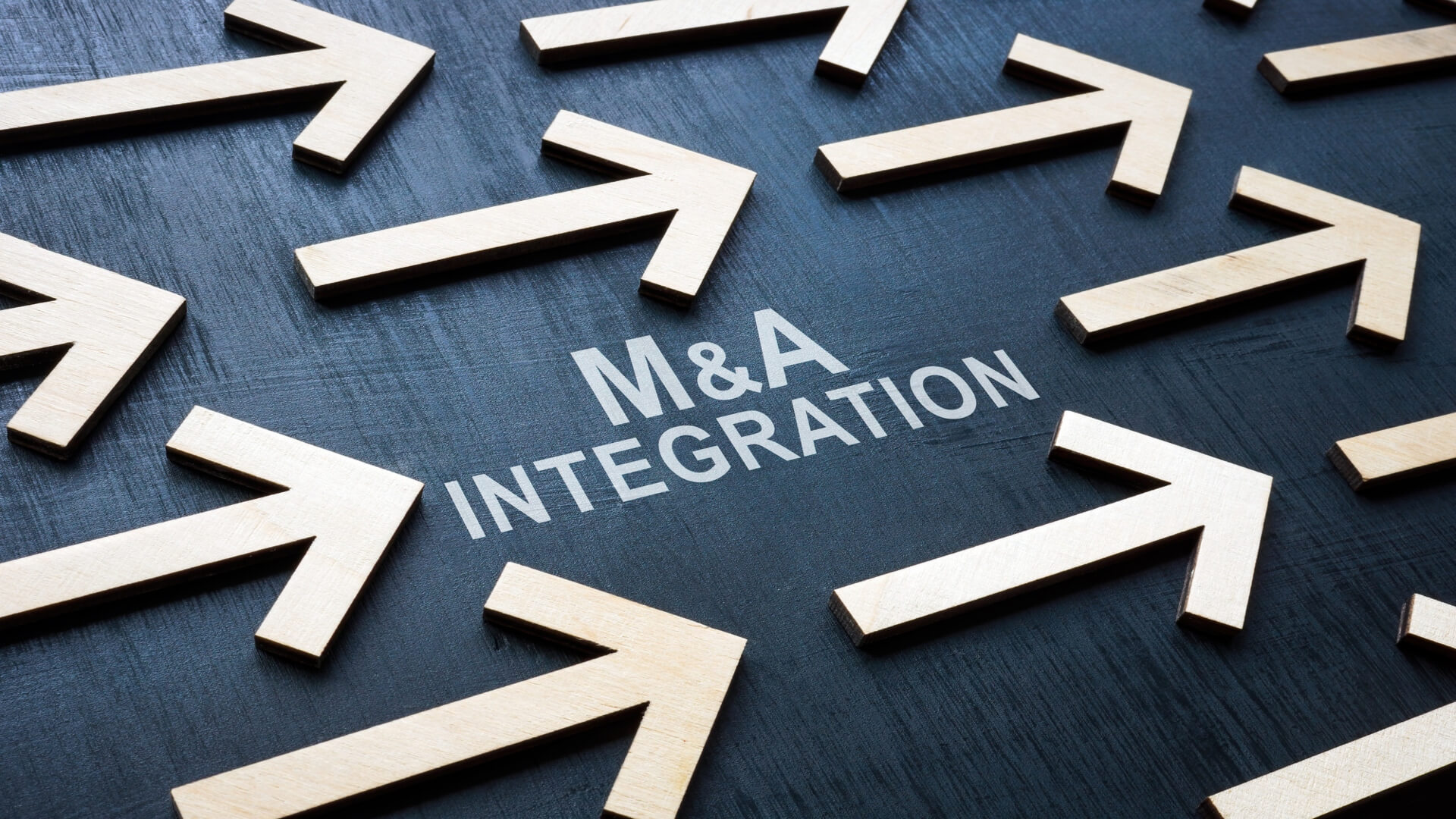
In the fast-changing world of business, mergers and acquisitions (M&A) have become a crucial tool for growth and competitive advantage. As technology advances, artificial intelligence (AI) is playing an increasingly significant role in shaping the M&A landscape.
This article explores how AI is revolutionizing how M&A deals are sourced, evaluated, and executed, offering valuable insights and efficiencies throughout the process.
Current Uses Of AI In Business
AI is transforming the business landscape, offering innovative solutions to various challenges. For example, it can automate repetitive tasks, enhance customer service through chatbots and virtual assistants, and provide personalized marketing and product recommendations. To gather comprehensive data about this groundbreaking technology, you can read online sources like the guides from Future Forge.
AI-driven analytics are also used for predictive maintenance, supply chain optimization, and fraud detection. Moreover, AI-powered tools assist decision-making by analyzing large datasets, identifying trends, and uncovering insights, enabling businesses to operate more efficiently and strategically.
How AI Can Boost Mergers And Acquisitions
Mergers occur when two organizations combine to form a new entity, while an acquisition involves one company purchasing another. M&A transactions require extensive research, due diligence, negotiation, and post-deal integration, making them complex and resource-intensive endeavors. AI can be used to fulfill these objectives and prevent issues associated with M&A.
1. AI In Deal Sourcing And Target Identification
One of the primary challenges in M&A is identifying suitable targets that align with a company’s strategic goals. AI tools can analyze lots of data from different sources, such as financial statements, market trends, and social media, to identify potential acquisition targets more precisely and quickly.
2. Enhanced Due Diligence And Risk Assessment
The M&A process requires critical due diligence. This involves the comprehensive analysis of a target company’s financial, operational, and legal information. AI tools can automate and streamline the due diligence process, reducing manual labor and accelerating the discovery of relevant information. AI’s ability to process and analyze large datasets enables a more thorough risk assessment, identifying potential red flags and mitigating factors that could impact the deal’s success.
3. Improved Valuation And Deal Structuring
Accurate valuation and deal structuring are essential for successful M&A transactions. AI-driven financial modeling and forecasting tools can provide more accurate and timely valuations, taking into account various factors such as market trends, industry dynamics, and other elements. By leveraging AI’s analytical capabilities, companies can optimize deal terms and structures, ensuring that transactions are executed at the right price and under favorable conditions.
4. Optimizing Post-Merger Integration
Post-merger integration is a critical phase in the M&A process, as it sets the foundation for the combined entity’s future success. AI can facilitate smoother integration by identifying potential operational mechanisms, streamlining workflows, and automating routine tasks. Additionally, AI-driven analytics can monitor the integration’s progress in real-time, enabling companies to make data-driven decisions and adjust their strategies as needed to maximize value creation.
5. Legal And Regulatory Compliance
M&A transactions often involve navigating complex legal and regulatory frameworks, which can be time-consuming and costly. AI can help with legal work, such as automating the review and analysis of contracts, regulatory filings, and other legal documents. As such, it reduces the risk of human error and ensures compliance with relevant laws and regulations.
Optimizing AI Use In M&A
While AI offers numerous benefits in the M&A process, there are potential downsides to consider:
- Overreliance on these tools may lead to neglecting human intuition.
- Inaccurate, incomplete, or biased data can lead to flawed insights and decisions.
- AI systems may require access to sensitive information during the M&A process, which raises concerns about data privacy and security.
- The use of AI in M&A may raise legal and ethical questions, such as the potential for discrimination or unfair practices due to algorithmic biases.
- Integrating AI may require significant investment in technology, infrastructure, and personnel.
Maximizing AI’s advantages in the M&A process requires balancing AI-driven insights and human judgment, ensuring data quality, safeguarding sensitive information, and adhering to legal and ethical standards.
Final Thoughts
Artificial intelligence is leaving an indelible mark on the mergers and acquisitions landscape, offering a wealth of benefits and opportunities to businesses and investors alike. Organizations can streamline deal sourcing, conduct thorough due diligence, and optimize integration by tapping the power of AI. Ultimately, this enables them to make more informed decisions that drive success.
As AI continues to advance and permeate every aspect of the M&A process, organizations that adapt and embrace these innovative technologies stand to thrive better in an increasingly competitive and dynamic business environment.




















